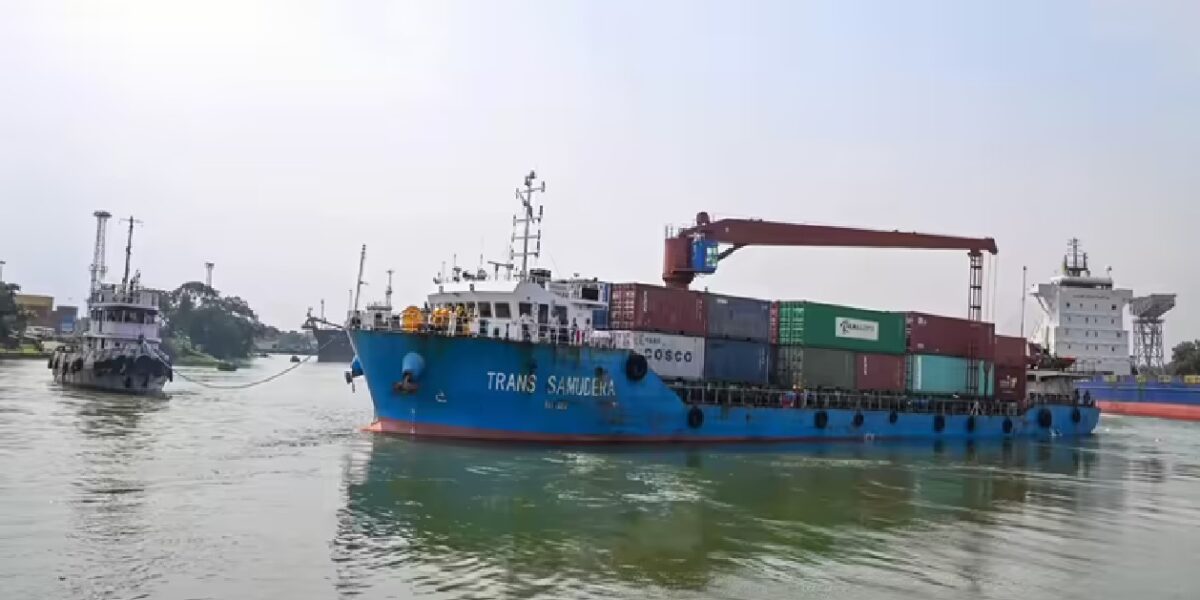Shyama Prasad Mookerjee (SMP) Port, Kolkata, has pledged full support to ensure the smooth movement of Nepal’s cargo despite the ongoing political turmoil in the neighboring country.
The assurance comes after Nepalese Prime Minister K. P. Sharma Oli resigned following massive anti-government protests, during which demonstrators vandalized the parliament building and attacked the residences of several top leaders, including President Ramchandra Paudel.
SMP Port Deputy Chairman Samrat Rahi noted that Nepal is a significant user of Kolkata’s port facilities for third-country trade, with most shipments transported by rail. He said container freight stations with warehousing facilities near the India–Nepal border would help maintain operational continuity, making delays in unloading and discharge of Nepal-bound cargo at the port unlikely. While Nepal’s share of Kolkata’s overall annual cargo is in single digits, trade ties remain strategically important.
Nepal’s transit trade is routed mainly through Kolkata, Haldia, and Visakhapatnam ports under the India–Nepal Treaty of Transit. India remains Nepal’s largest trading partner, accounting for nearly 63% of its trade. In FY 2024–25, bilateral trade stood at about USD 8.02 billion, with India’s exports at USD 7.3 billion.
Key Indian exports to Nepal include petroleum, iron and steel, automobiles, machinery, and cereals, which together contribute nearly 16% to Nepal’s GDP. On the other hand, Nepal’s exports—such as cardamom, iron sheets, edible oil, juices, plywood, and jute—saw India absorb nearly 68% of its outbound shipments in FY 2023–24.









